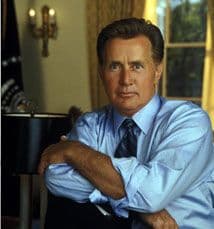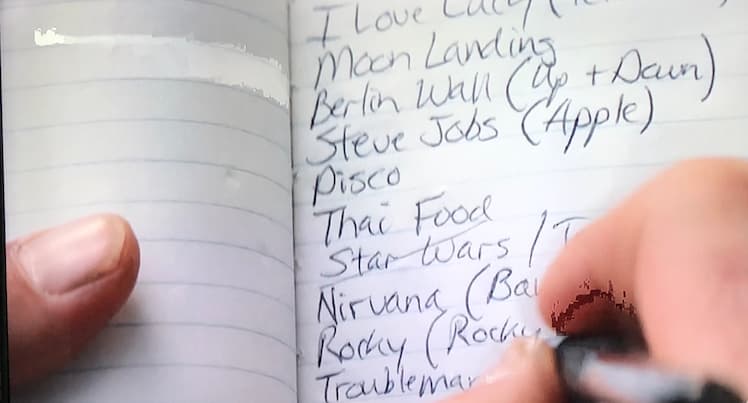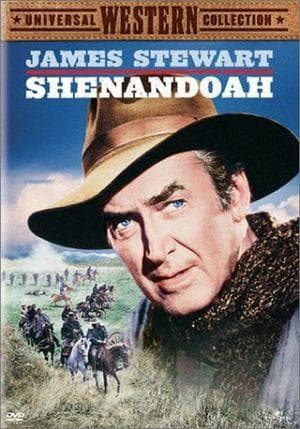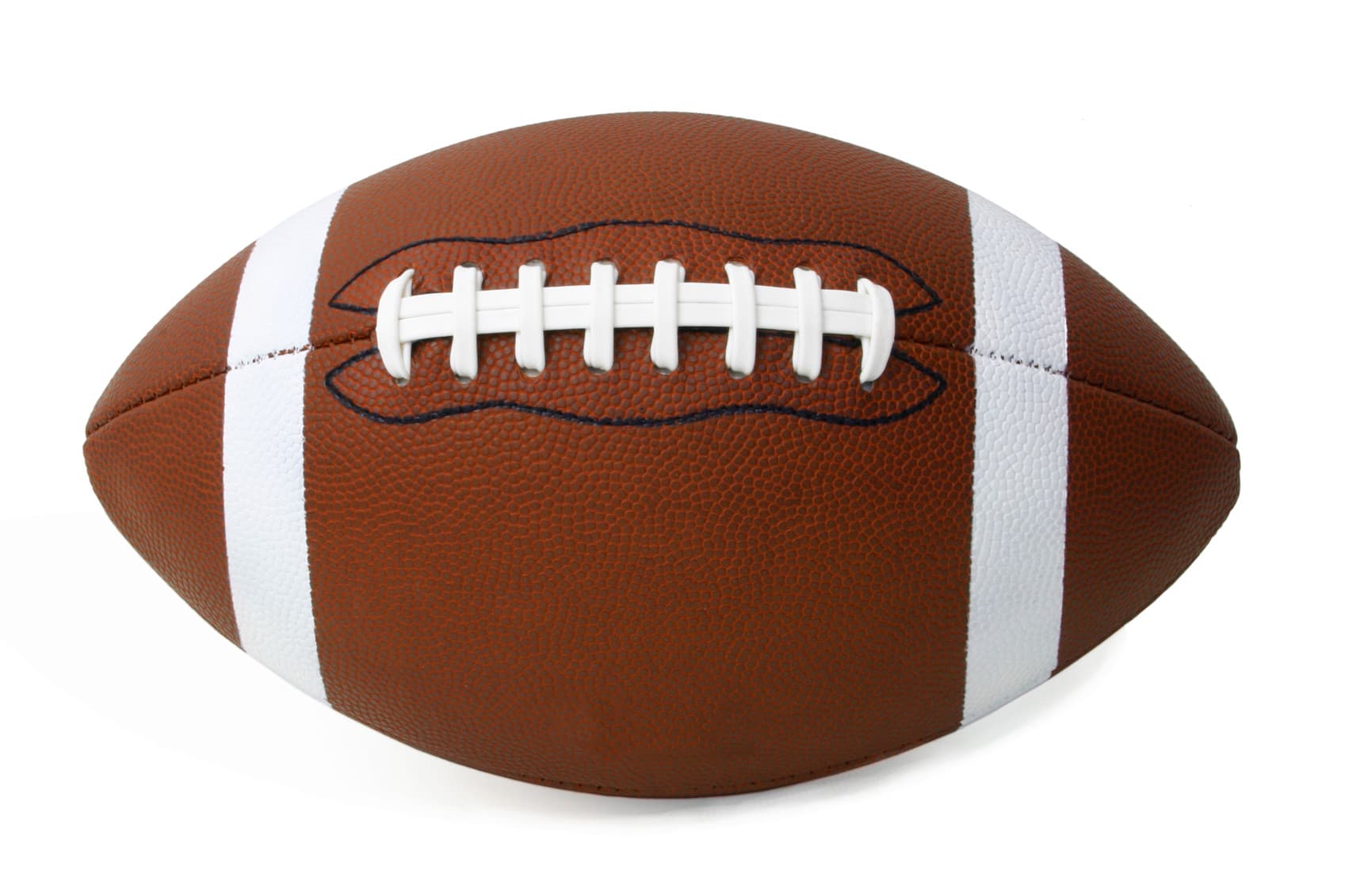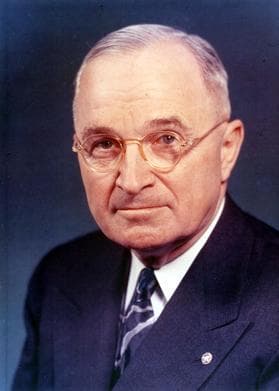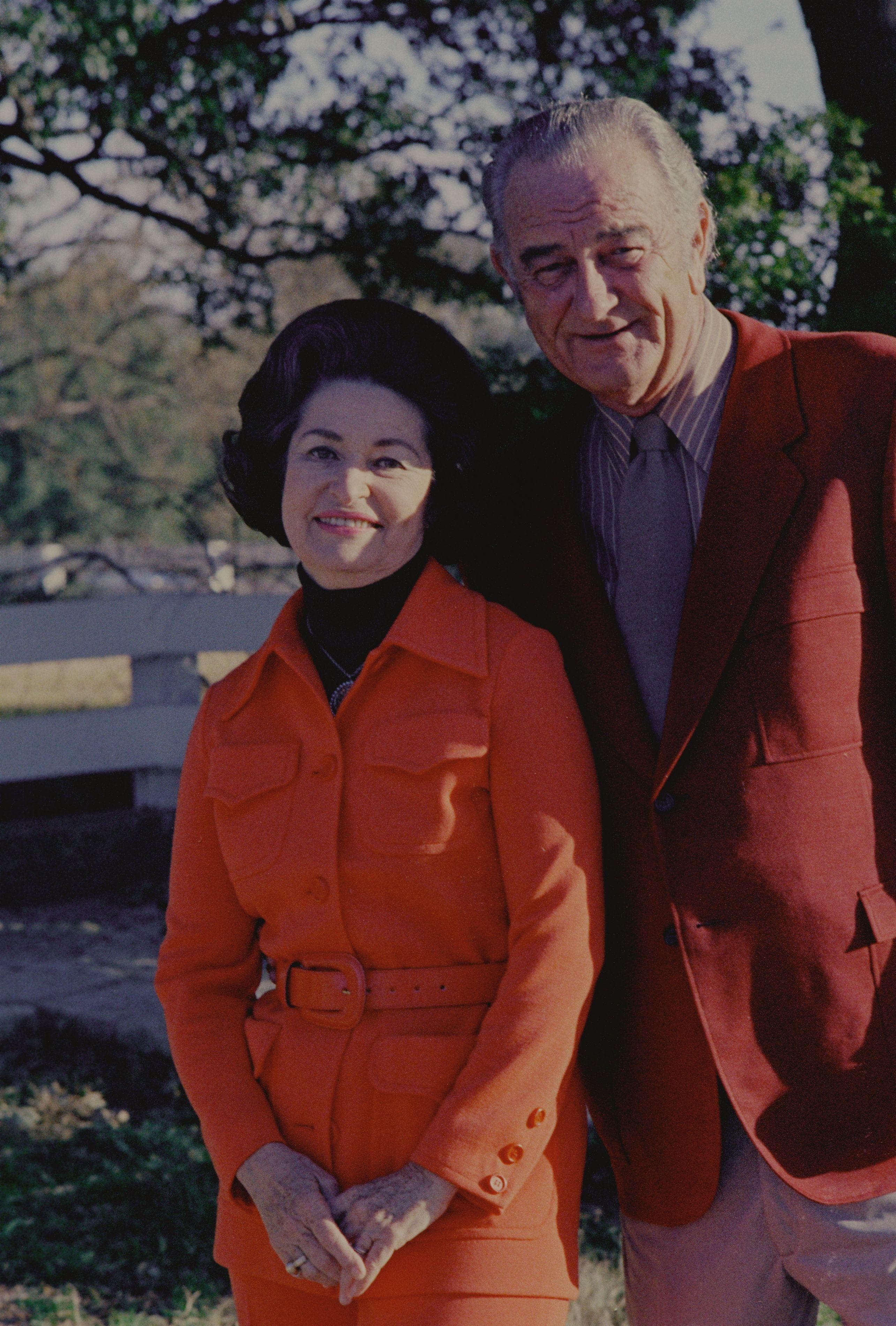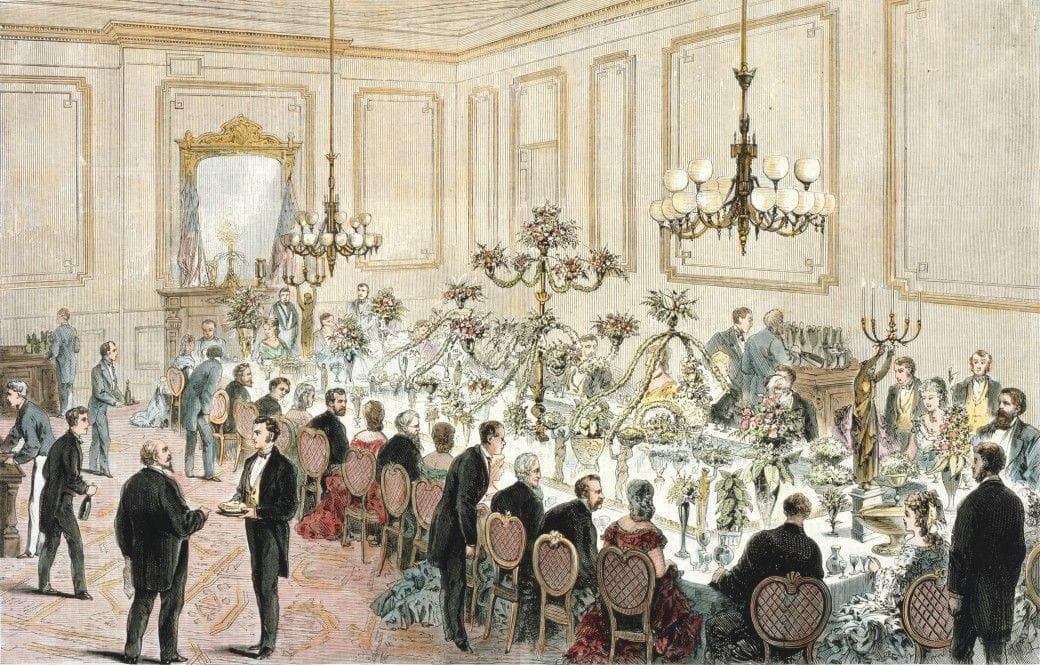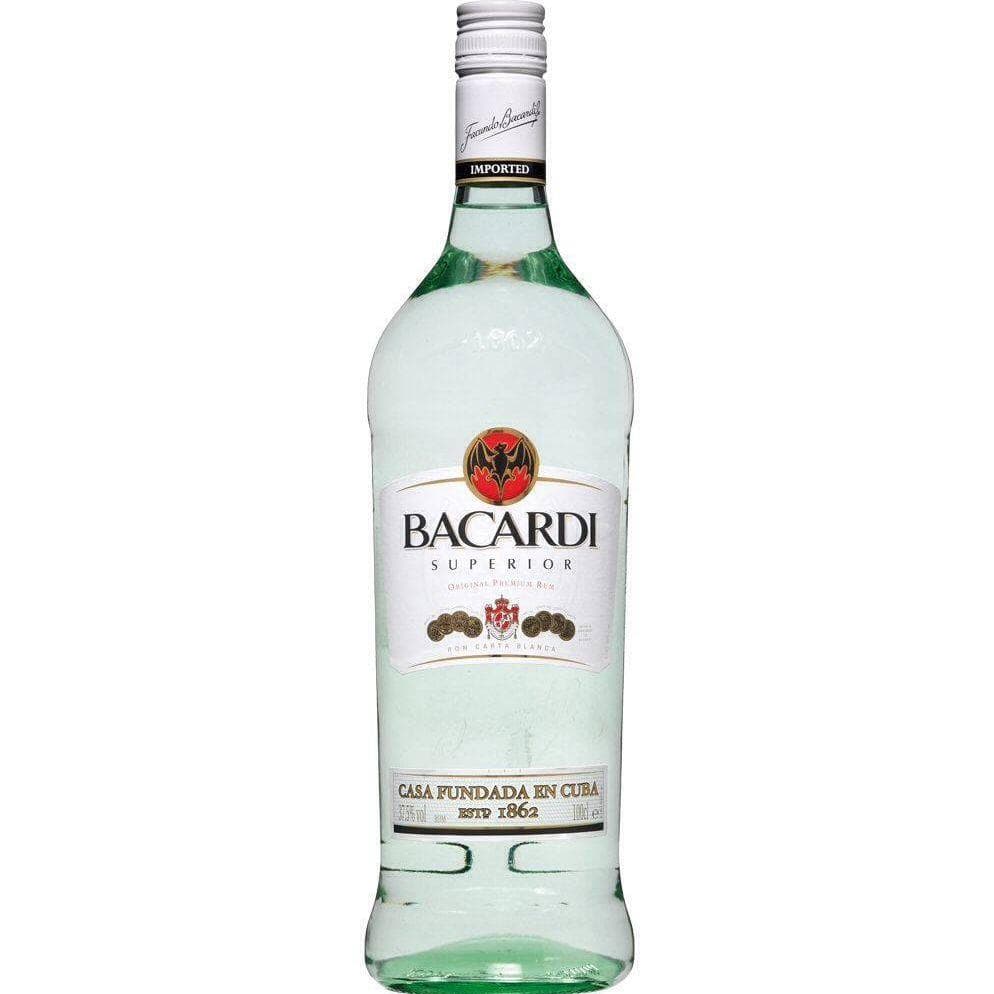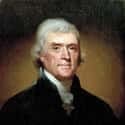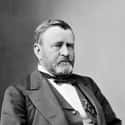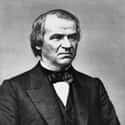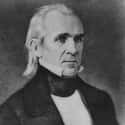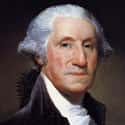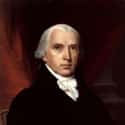-
(#11) Thomas Jefferson
- Dec. at 83 (1743-1826)
Thomas Jefferson was opposed to the institution, calling it a "moral depravity" and a "hideous blot." However, that did not prevent him from owning more than 600 slaves over the course of his life. Jefferson advocated for the end of the practice during the 1770s and 1780s. As the practice became more engrained in American society, he became more hesitant. He saw the potential emancipation of slaves as a threat to the fragile nation's existence, but also believed the institution would eventually divide the country.
Jefferson had between 165 and 225 slaves at his Virginia plantation, Monticello, between 1776 and 1825 and profited heavily off of his slaves' work growing crops. The Hemings family was a prominent slave family on the Monticello. Jefferson had several children with Sally Hemings. Sally's children denied their lineage later in life.
Jefferson freed two slaves during his lifetime - brothers James and Robert Hemings - and three others were allowed to leave without being persued. Five additional slaves were manumitted as a condition of Jefferson's will.
-
(#1) Ulysses S. Grant
- Dec. at 63 (1822-1885)
Ulysses S. Grant owned anywhere from one to five slaves, although some likely belonged to his wife Julia. Julia had at least four slaves - Eliza, Julia, John, and Dan - but whether or not ownership transferred to her husband remains unclear. Grant did purchase one slave, William Jones, shortly before the Civil War, but emancipated him in 1859. Later in life, Grant came to condemn the institution and even called it "a stain to the Union."
-
(#2) Andrew Johnson
- Dec. at 67 (1808-1875)
Andrew Johnson owned about eight slaves, but none while he was president. Johnson was a wealthy landowner in Tennessee, where he acquired slaves. During his time in Congress, he strongly advocated in favor of owning slaves and believed this to be a constitutional right. He even pushed for Tennessee's exemption from the Emancipation Proclamation. Johnson began emancipating his own slaves, however, in 1863.
While he never made his personal reasons for freeing his slaves clear, he adopted a more abolitionist platform shortly thereafter. He still argued only white men should have roles in the government, but condemned the practice for slowing societal progress.
-
(#4) James K. Polk
- Dec. at 54 (1795-1849)
James K. Polk owned about 25 slaves. As a landowner in Tennessee, Polk had numerous slaves at his disposal. He sold his Tennessee land in 1834 and moved to Mississippi, where he began purchasing more slaves to work his land. Polk brought some of his slaves to Washington, D.C. As president, however, he advocated limiting the spread of the practice. He favored the expansion of the Missouri Compromise line further west, which would widely expand the areas of the United States that prohibited it.
-
(#12) George Washington
- Dec. at 67 (1732-1799)
George Washington inherited his family's slaves when his father, Augustine, died in 1743. Washington, only 11 at the time, owned slaves for the rest of his life. By the time Washington died in 1799, there were 317 slaves at his Mount Vernon home. Out of these slaves, Washington owned 123 and his wife, Martha, owned the rest after inheriting them from her first husband.
In his will, Washington stated that his slaves should be freed when his widow died, but she signed a doument in 1800 to fulfill her husband's wishes sooner, freeing Washington's slaves on January 1, 1801.
-
(#10) James Madison
- Dec. at 85 (1751-1836)
James Madison owned an estimated 100 slaves on his Virginia estate, Montpelier, but was nevertheless critical of the practice. Madison wanted minorities to be protected, but was also the man behind the three-fifths compromise, a policy which counted slaves as fractions of men.
One of Madison's lifelong companions, Paul Jennings, was a slave that accompanied Madison from Montpelier to Washington, D.C. and back again. Jennings served as Madison's personal servant until Madison died in 1836. Dolley Madison sold Jennings and he later negotiated the purchase of his own freedom for $8 a month.
New Random Displays Display All By Ranking
About This Tool
The United States may be based on the idea that all human beings are created equal, but in the late 18th and early 19th centuries, slavery was common among politicians who served as president. All in all, there are at least 12 U.S. presidents, which is more than a quarter of all U.S. presidents who have enslaved people. We all know that the founding father of the United States George Washington and Thomas Jefferson also had slaves.
After the Civil War in the 19th century, the United States completely abolished slavery. The public actively maintained the image of the fathers of the country and tried to minimize the history of the slave owners. The random tool lists 12 American presidents who owned slavers.
Our data comes from Ranker, If you want to participate in the ranking of items displayed on this page, please click here.

